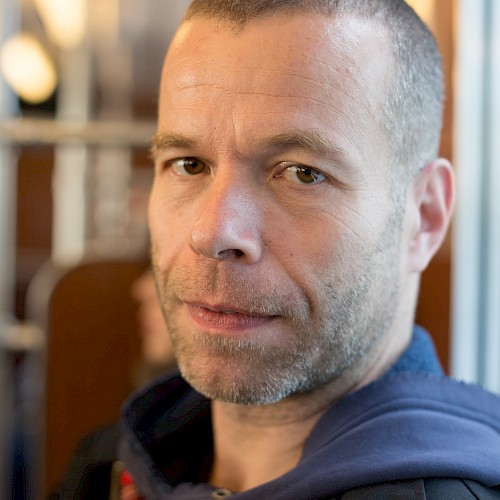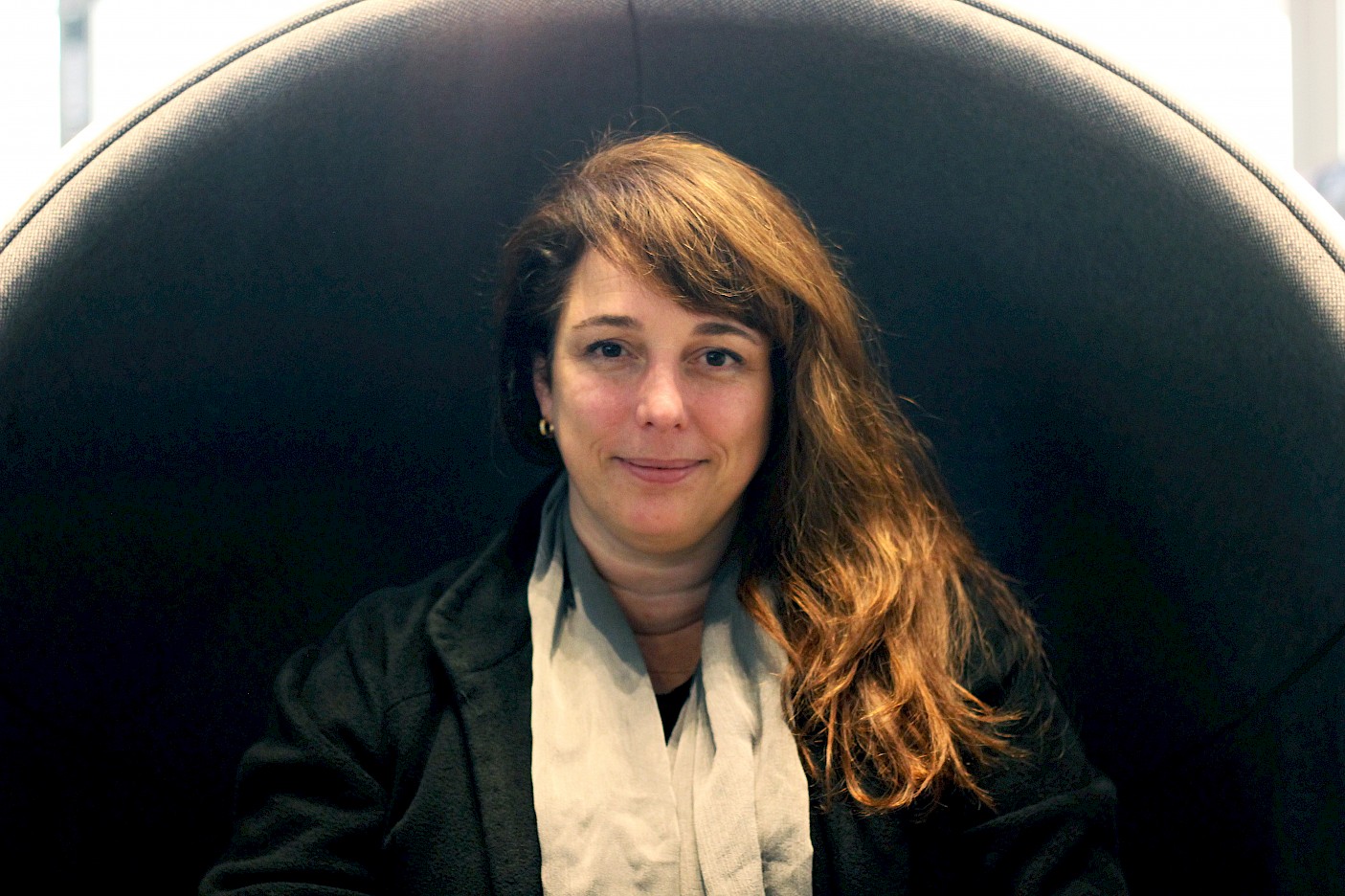The artist Tania Bruguera lives and works in Havana, Cuba. For over twenty years, she has developed time-based works and situations that engages with issues surrounding institutional power, borders, and migration. Deploying a wide range of media, which has included performance, film, sculpture, and teaching, Bruguera more recently has described her approach as Arte Útil (Useful art) to underline her common interests in art and activism. In 2015, together with a group of fellow activists, she founded the Instituto de Artivismo Hannah Arendt (INSTAR). INSTAR will be part of the forthcoming documenta fifteen's lumbung network in 2022. Bruguera’s work is in the permanent collections of the Museum of Modern Art (MoMA), New York, the Bronx Museum of the Arts, New York and the Museo Nacional de Bellas Artes de La Habana. She has participated in numerous international exhibitions including: documenta 11, Kassel (2002); Performa, New York (2015); the Venice Biennale (2001, 2005 and 2009); the Gwangju Biennial, South Korea (2000 and 2008), Istanbul Biennial (2003); the São Paulo Biennial (1996) and the Havana Biennale (1994) and has had exhibitions at major museums and art institutions in Europe and the United States, including MoMA PS1, New York (2018); Van Abbemuseum, Eindhoven (2013); Tate Modern, London (2012); Centre Pompidou, Paris (2010); The Museum of Modern Art, New York (2018); MoMA/PS1 (2003 and 2008); Kunsthalle Wien (2006); Museum MMK für Moderne Kunst, Frankfurt am Main (2003); KW, Berlin (2001) and Whitechapel Art Gallery, London (1994) among others. In 2021, Bruguera together with INSTAR received the Arnold Bode Prize.
Professors
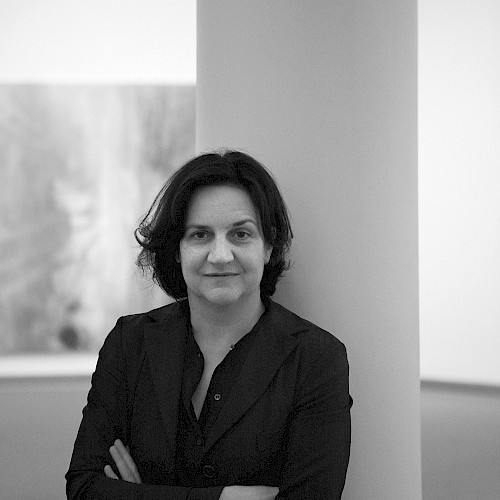
Monika Baer
Fine Arts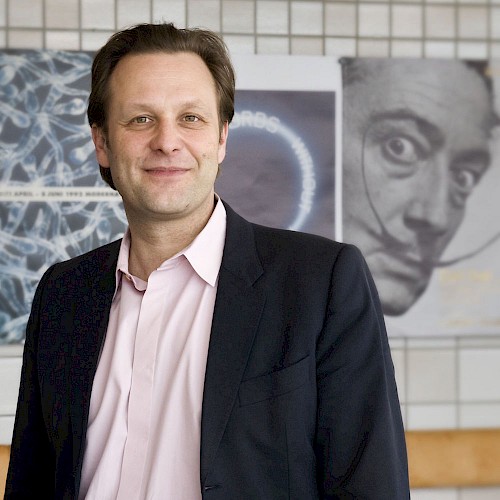
Daniel Birnbaum
Philosophy and Art Education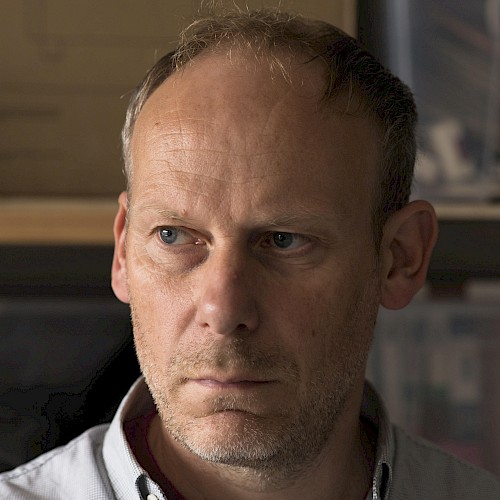
Gerard Byrne
Film, Vice-Rector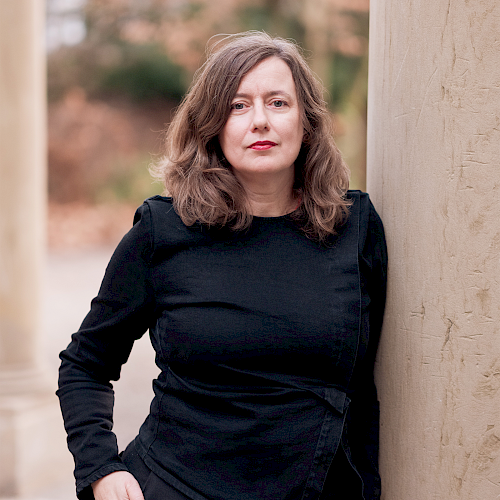
Barbara Clausen
Curatorial Studies, Rector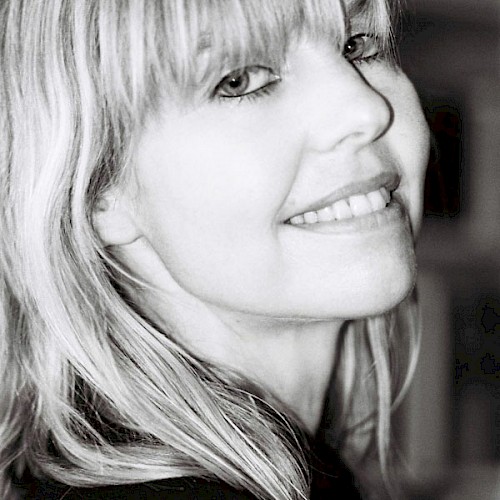
Isabelle Graw
Art History and Art Theory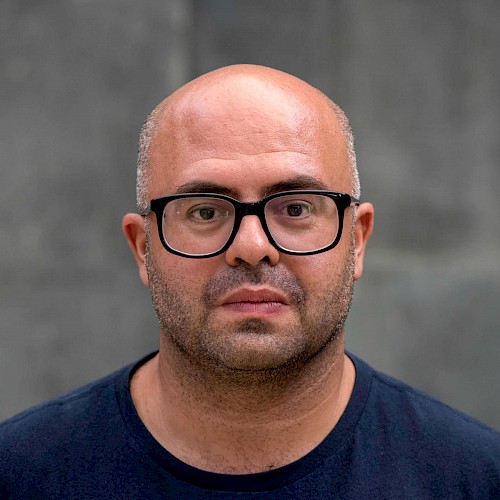
Hassan Khan
Fine Arts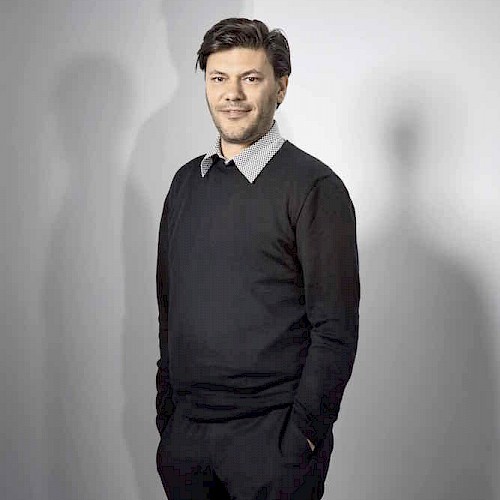
Philippe Pirotte
Art History and Curatorial Studies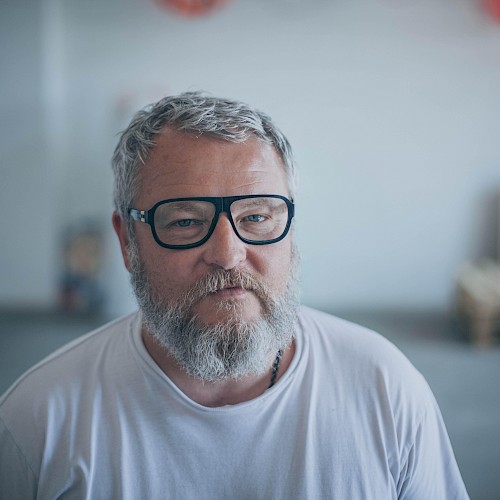
Tobias Rehberger
Sculpture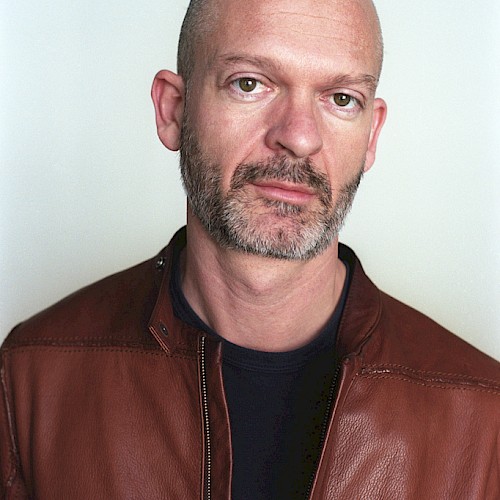
Willem de Rooij
Fine Arts
Haegue Yang
Fine ArtsGuest
Professors
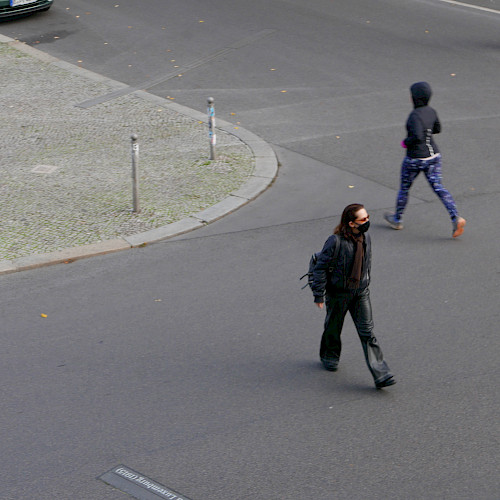
Dora Budor
Fine Arts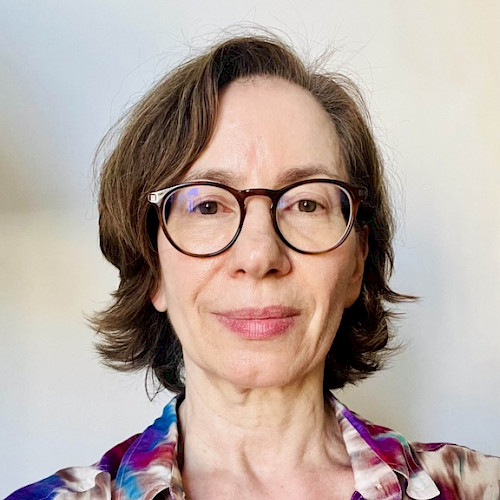
Andrea Fraser
Fine Arts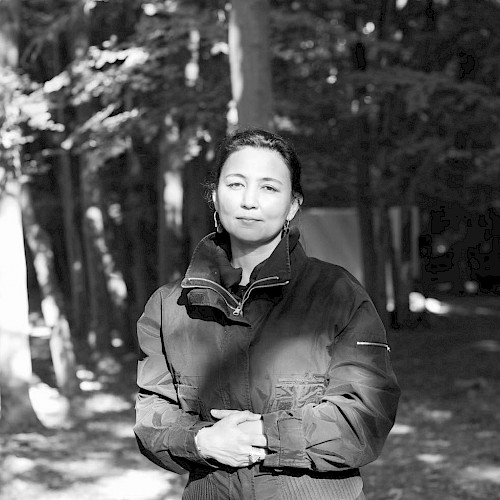
Saodat Ismailova
Fine Arts![Diego Marcon, Fritz, 2025 [Production Image], video, CGI animation, color, sound, duration: 12 min. 30 sec, looped. © Diego Marcon. Courtesy the Artist](https://cms.staedelschule.de/site/assets/files/17110/diegomarcon_fritz_2024_courtesy_the_artist.500x500.jpeg)
Diego Marcon
Fine ArtsResearch Fellow
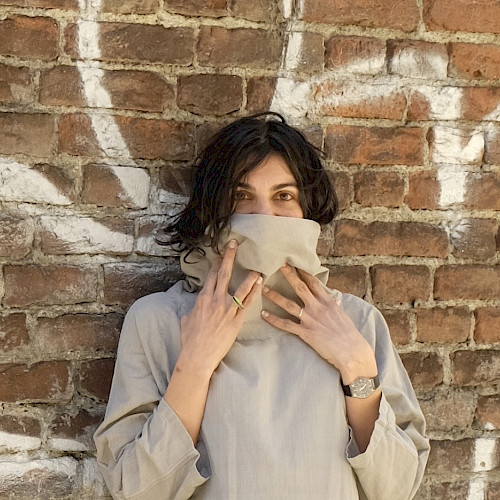
Zasha Colah
Winter Semester 2025/26–Summer Semester 2026: QuiS Visiting Research FellowPast Faculty
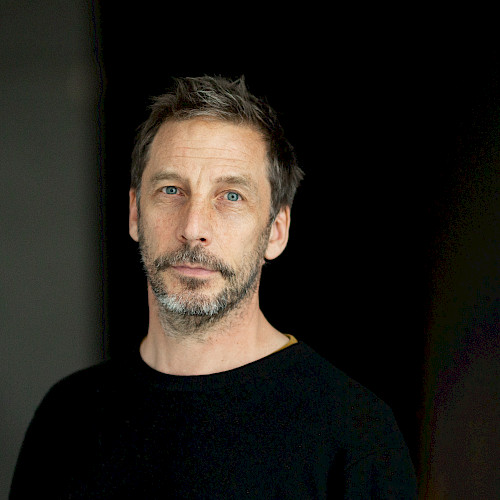
Éric Baudelaire
Summer Semester 2023 and Summer Semester 2024: Guest Professor for Fine Arts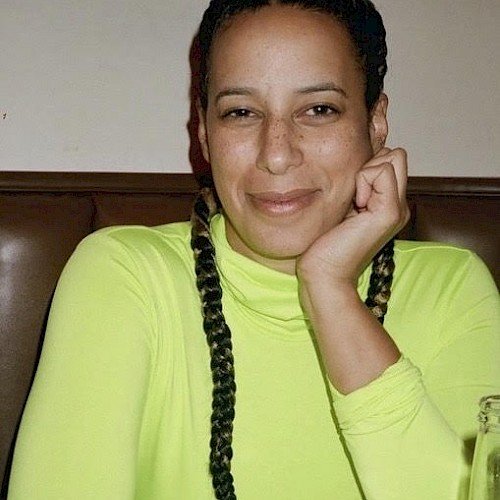
Hannah Black
Winter Semester 2021/22: Guest Professor for Fine Arts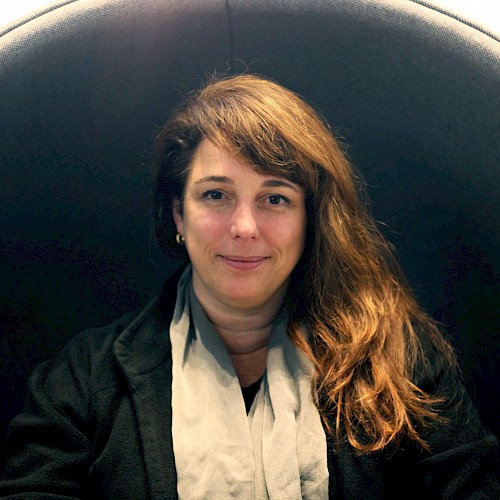
Tania Bruguera
Summer Semester 2021: Guest Professor for Fine Arts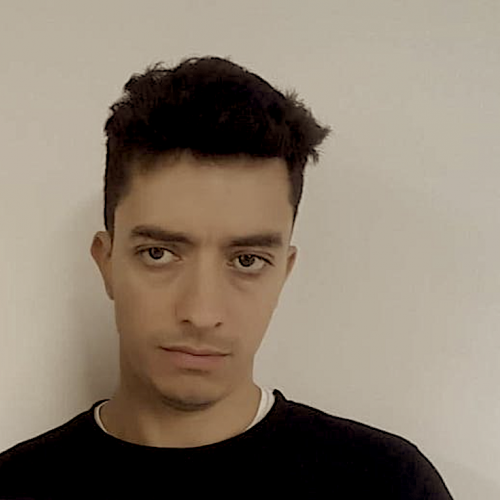
Francisco Camacho Herrera
Summer Semester 2023: Guest Professor for Fine Arts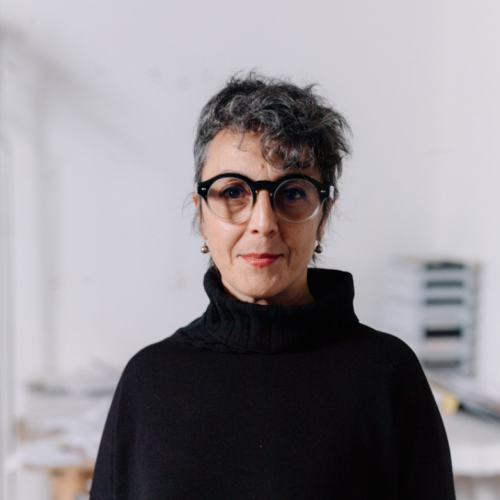
Barbara Casavecchia
Winter Semester 2023/24–Summer Semester 2024: QuiS Visiting Research Fellow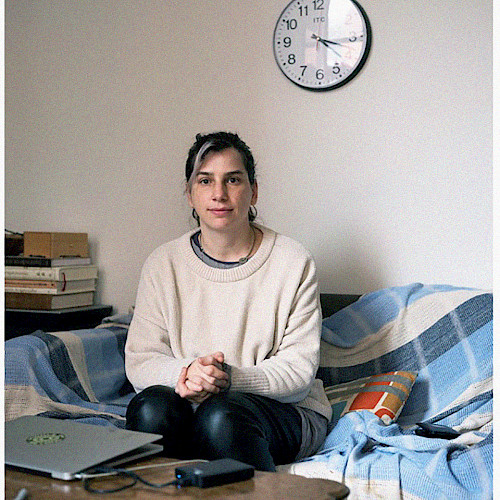
Keren Cytter
Summer Semester 2022: Guest Professor for Fine Arts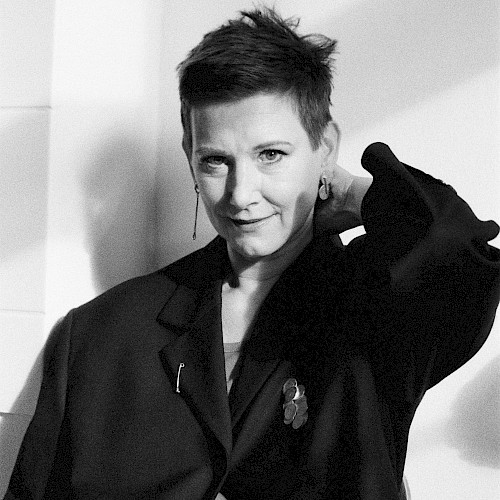
Clémentine Deliss
Winter Semester 2022/23: Guest Professor for Art History and Curatorial Studies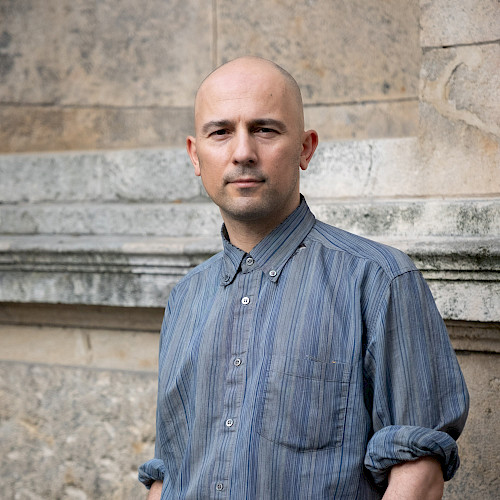
Gürsoy Doğtaş
Winter Semester 2024/25–Summer Semester 2025: QuiS Visiting Research Fellow
Loretta Fahrenholz
Winter Semester 2023/24: Guest Professor for Fine Arts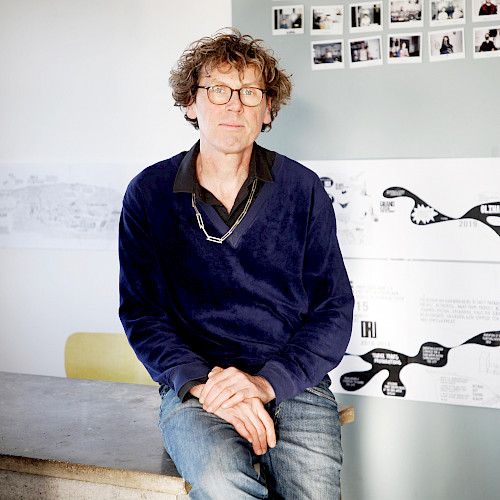
Benjamin Foerster-Baldenius
Summer Semester 2022–Winter Semester 2024/25: Cohabitation
Cyprien Gaillard
Winter Semester 2020/21: Guest Professor for Fine Arts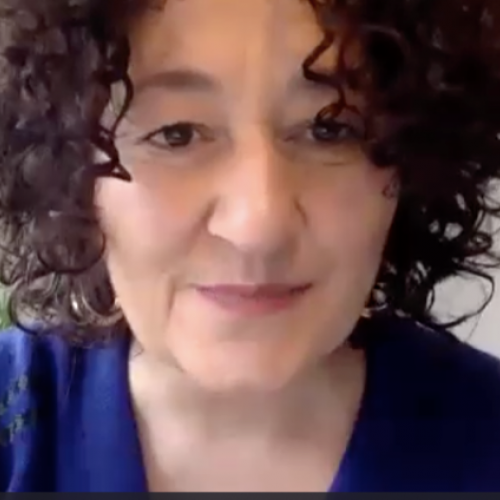
Ayşe Güleç
Winter Semester 2021/22–Summer Semester 2022: Research Fellow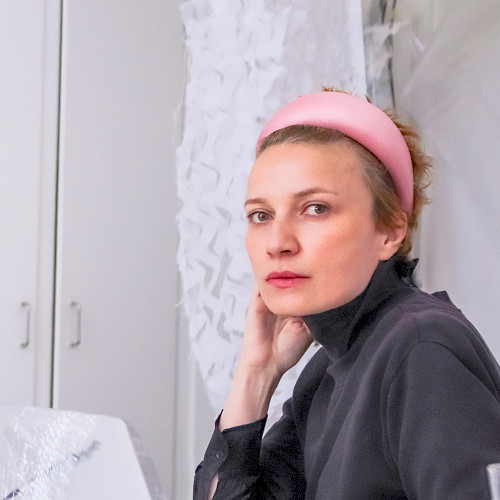
Flaka Haliti
Summer Semester 2024: Guest Professor for Fine Arts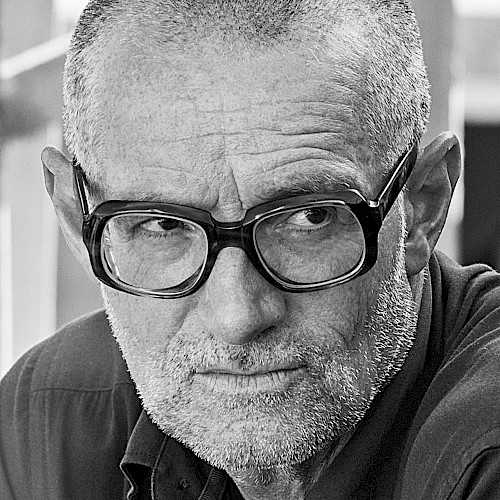
Thomas Hirschhorn
Summer Semester 2025: Guest Professor for Fine Arts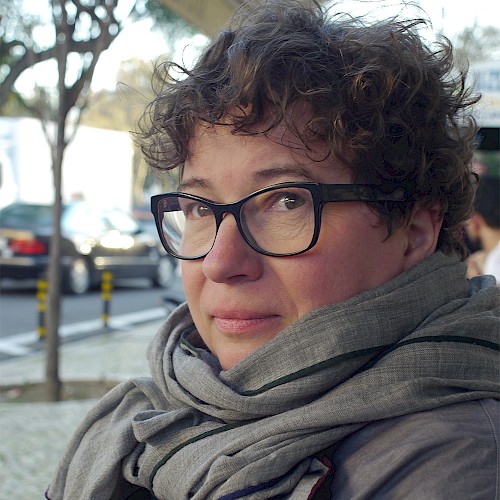
Judith Hopf
Winter Semester 2008-Summer Semester 2025: Professor for Fine Arts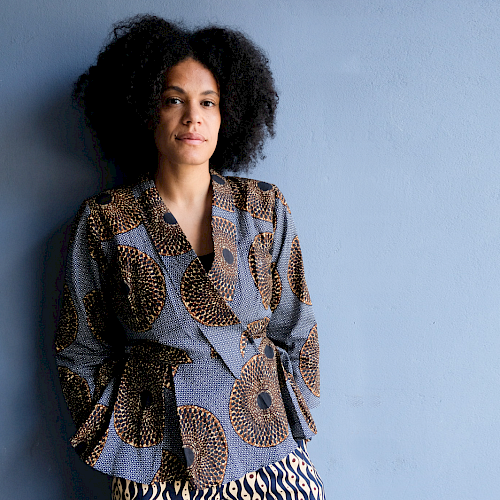
Mahret Ifeoma Kupka
Winter Semester 2024/25: Guest Professor for Art Theory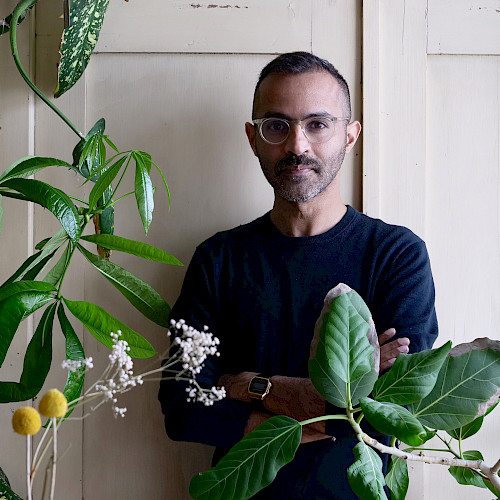
Omar Kasmani
Winter Semester 2022/23–Summer Semester 2023: Guest Professor for Fine Arts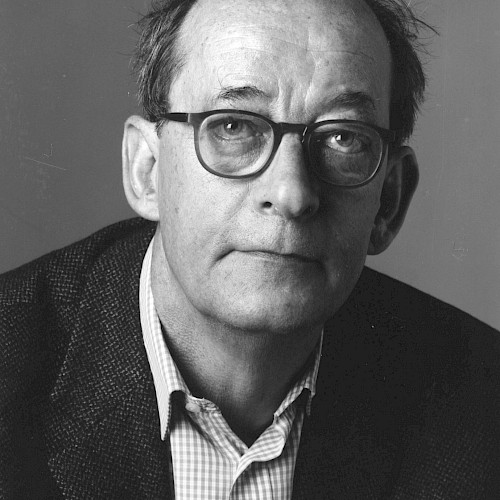
Kasper König
Rector 1989–2000, Honorary Professor 2001–2024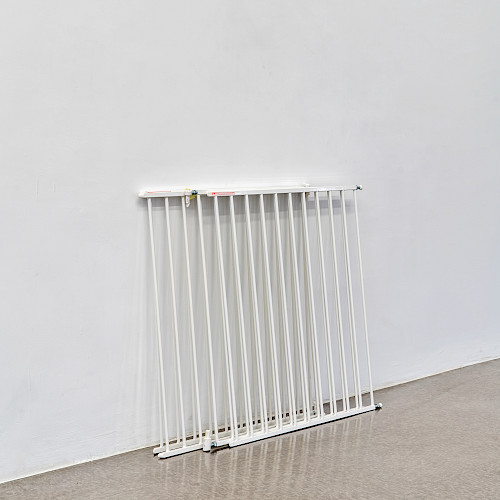
Ghislaine Leung
Winter Semester 2024/25-Summer Semester 2025: Guest Professor for Fine Arts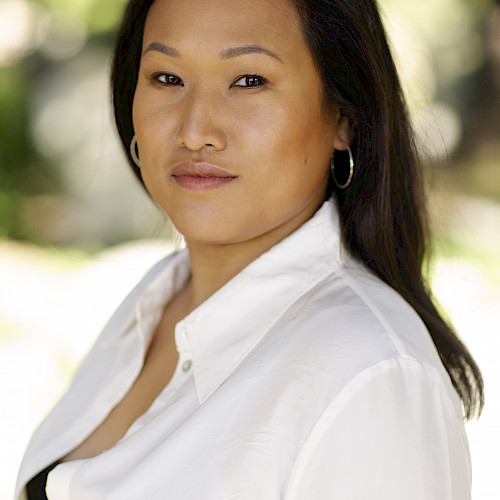
Vera Mey
Summer Semester 2023: Guest Professor for Curatorial Studies and Art History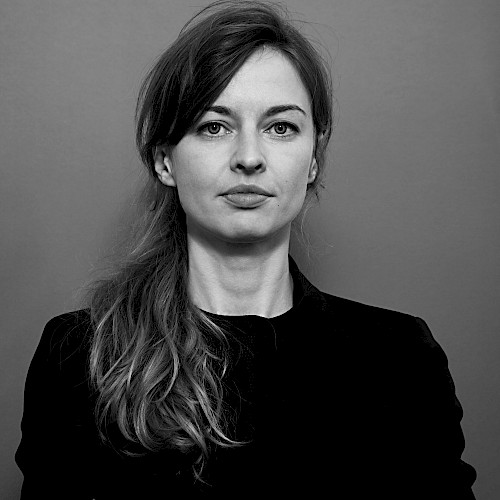
Jenny Nachtigall
Summer Semester 2019–Winter Semester 2020/21: Guest Professor for Art Theory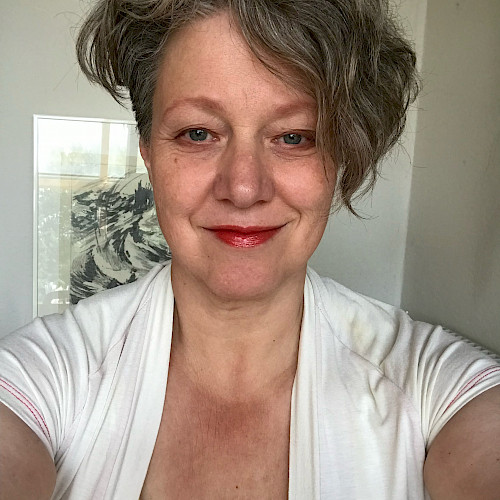
Ruth Noack
Summer Semester 2023: Guest Professor for Curatorial Studies and Art History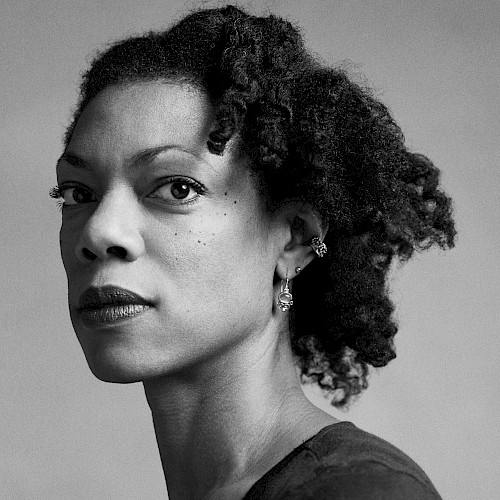
Camille Norment
Summer Semester 2024: Guest Professor for Fine Arts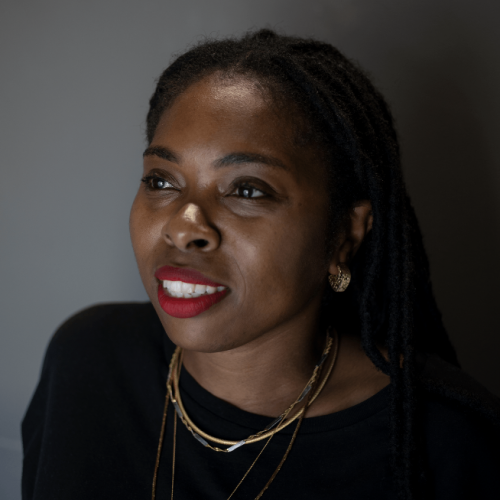
Ima-Abasi Okon
Winter Semester 2023/24: Guest Professor for Fine Arts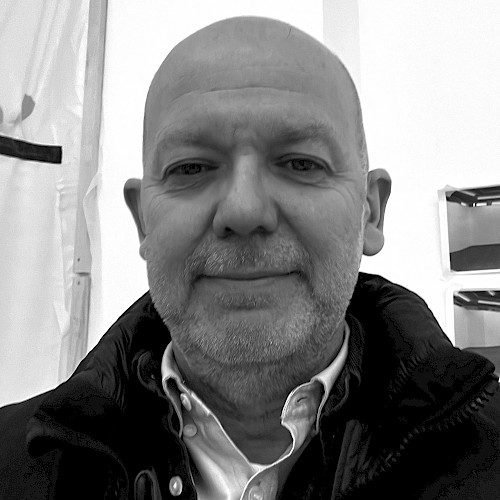
Henrik Olesen
Summer Semester 2024: Guest Professor for Fine Arts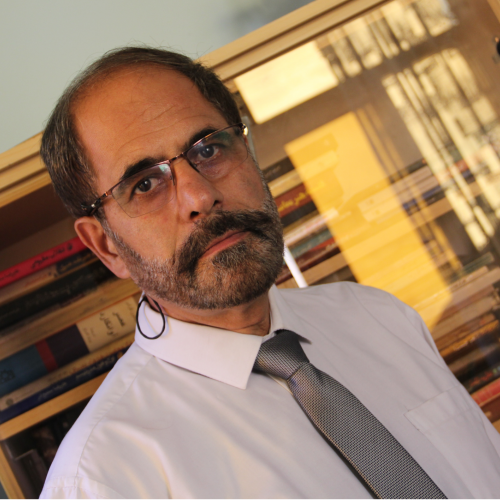
Rahraw Omarzad
Summer Semester 2022: Guest Professor for Fine Arts (Gasthof)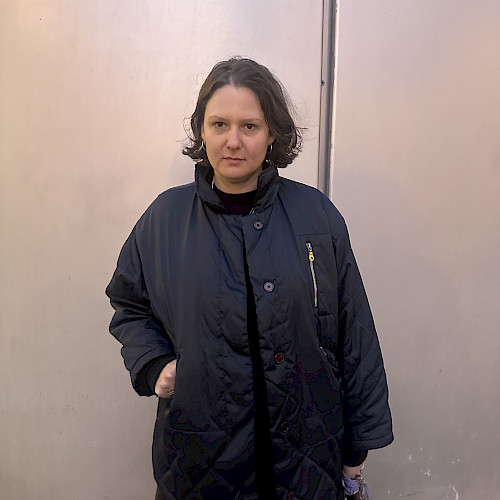
Vera Palme
Summer Semester 2025: Guest Professor for Fine Arts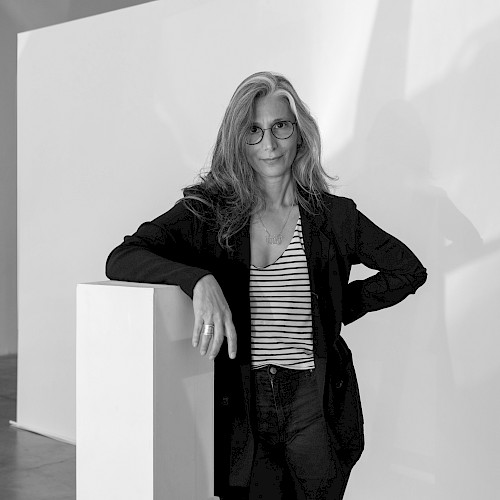
Nira Pereg
Summer Semester 2024: Guest Professor for Fine Arts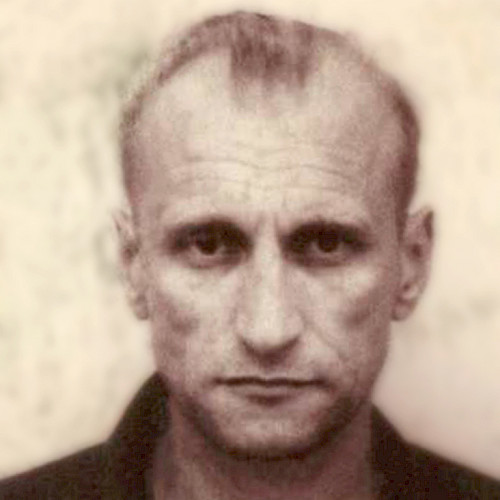
Walid Raad
Summer Semester 2022: Visiting Artist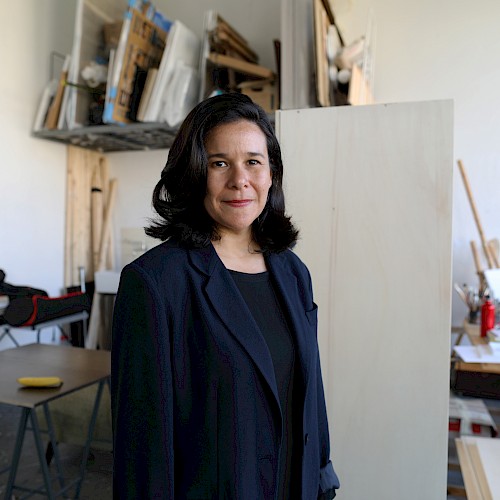
Yasmil Raymond
Summer Semester 2020-Summer Semester 2024: Professor for Curatorial Studies, Rector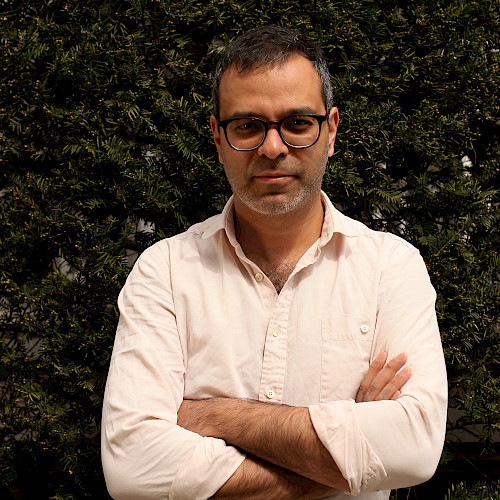
Asad Raza
Winter Semester 2022/23: Guest Professor for Fine Arts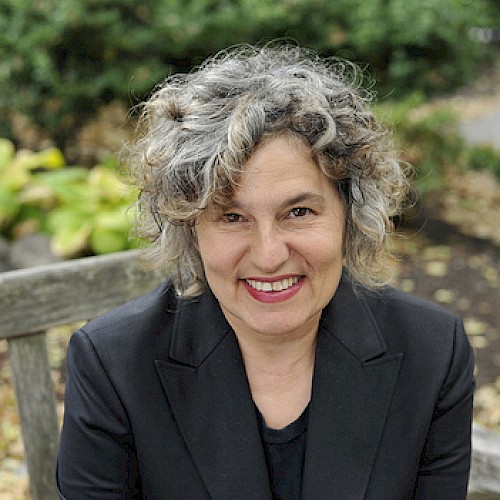
Amy Sillman
Summer Semester 2015– Summer Semester 2020: Professor for Fine Arts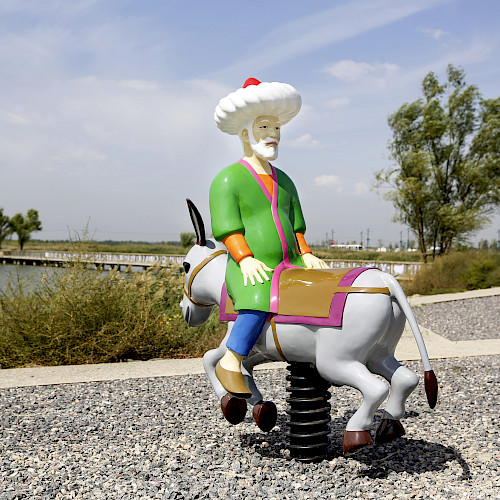
Slavs and Tatars
Summer Semester 2023: Guest Professors for Fine Arts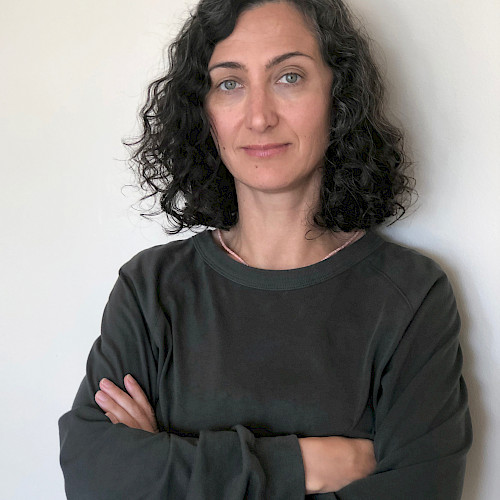
Monika Szewczyk
Winter Semester 2022/23–Summer Semester 2023: Research Fellow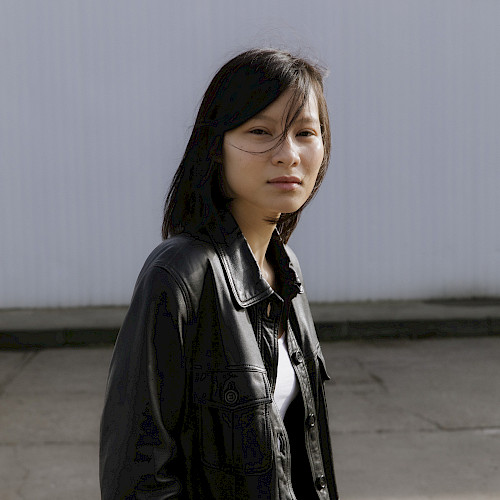
Sung Tieu
Winter Semester 2021/22: Guest Professor for Fine Arts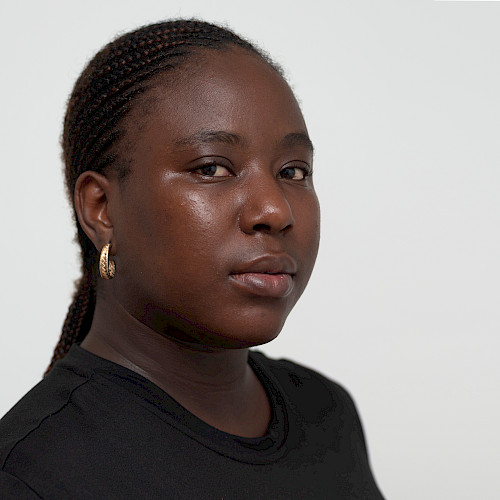
Helena Uambembe
Winter Semester 2023/24: Visiting Artist / Fine ArtsHonorary
Professors
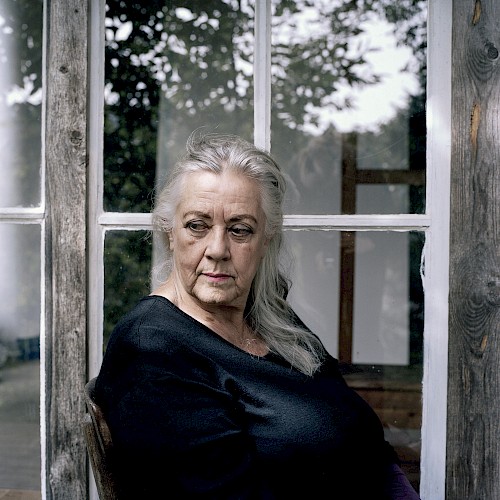
Christa Näher
Fine Arts